Welcome back to Sneak Leaps, the deep dark corner of the internet I have staked out for myself, where I can rant into space about the various game design things I’m doing and nobody can stop me.
Today I’m fully unhinged and rambling about designing a Solo RPG while playing it. Grab your tinfoil hats because it is going to get a bit crazy.
Most Efficient Game Design
I reckon there is a ‘most efficient’ way to design a tabletop RPG. It is probably something like:
Consider the type of play you want and the type of story you want to tell.
Write the rules and any relevant lore.
Play test the game with independent players and receive feedback.
Adjust and edit your game.
Conduct layout
Publish!
Or something like that, I don’t know. I struggle with traditional design, to be honest. There is nothing wrong with it but somewhere around Step 2, I lose interest in the whole thing.
Instead of writing a game the most efficient way, I instead like to design through play.
Design Through Play
Instead of going through traditional RPG design steps, you can design a game as you play it. Solo RPGs have an advantage here because you can get into a game right away with absolutely nothing ready.
Designing through play is easy. I think of a concept and a simple mechanic. Let’s make a game!
Concept - I’m obsessed with Alien right now. I haven’t seen Alien: Romulus but I just listened to a few Audible audio plays (recommend!). The Alien RPG is one of my favourite games and I love the vibe the game has. I’d love to recreate that in a solo game. So that is my concept.
Mechanic - Alien is cosmic horror, lots of risk, lots of pain. So let’s have a think about what works in that context. Free Leagues Year Zero Engine would be a good fit but that would be entirely too close to Alien RPG. Another game that does horror well is Quietus.
As you see in the image above, Quietus is based on Forged in the Dark (FITD), the engine that powers Blades in the Dark and dozens of other games. Quietus uses a very simplified version of that d6 FITD engine and also has the concepts of Dread and Hopoe.
Dread represents how close the chasing horror is to killing the player.
Hope represents how close the player is to escaping the whole situation.
I thought they would be perfect in the type of game where you are desperately trying to escape from an unspeakable horror. So I picked up some dice and played around with the concept.
And took notes.
And played a bit.
And took notes.
And I quickly discovered that this concept had some legs and it was fun to play. But there needed to be a bit of a tweaking.
Hope I turned into a currency you can get through rolling strong hits, hurting the creature and ummm… -How do I put this?- sacrificing a fellow crewmember to the unspeakable horror.
Hey, you gotta do what you gotta do?
Hope is spent on things that will increase the player’s chances of surviving, fighting the creature or stopping the company.
Dread I renamed to Fright, which seemed a bit more appropriate here. But instead of being a representation of how close the horror is to killing the player character, Fright has a mechanical function. Increased Fright is what drives the story into its different Acts.
What do you mean by Act? Like in a movie or screenplay? Why yes, random voice in my head, like a movie. Alien has distinctive acts.
Spoilers for a 40+ year-old movie…
Act 1 - Waking up, finding the derelict, to face hugger
Act 2 - Exploding chest-burster to Ripley being left alone
Act 3 - Final confrontation with the Alien to the end of the movie
I really want to replicate this, so as you get more Fright, created by rolling mixed hits, misses, encountering the creature and other situations, you move through the acts. Acts ramp up the pressure on the character and player, making things a lot harder.
To represent that, I play with the standard success rate of dice in FITD games (Quietus does this also). Remember, you take the highest dice value from your rolled dice pool.
But how does this all start?
At this point, I feel pretty smug. I think I’m on to something and it is fun to play around with. But then I thought, how does a player start the game? I could do in medias res or right in the thick of the action. But Alien and other horror movies don’t often start that way. They start slowly and build from that.
So we are going full cliche and starting in cryopods.
I got another brilliant idea that uses a favourite character creation technique, Creation Through Play. This is where you’ll start a game with a blank or half-filled character sheet and slowly add stats and other details through play sessions until you have a fleshed-out character.
This is opposed to the traditional technique where you build a character from scratch before play starts. Creation Through Play focuses on getting the player to the game as soon as possible.
It is used in the Dune RPG by Modiphius among other games.
But how to make that work in this setting? Easy. Amnesia. Specifically, as a side-effect from too long cryosleep. You start the game with no memories, not knowing who you are, who your crewmates are, and not even knowing your own skills.
To start the game you have 1 dice in each of your three stats, which are pretty standard.
Physical - Lifting, running and jumping, fighting with physical weapons
Social - Convincing, commanding, manipulating and lying to people
Technical - Hacking or interacting with computers, fixing or operating machines, fighting with machines like guns.
Then once each Act you can Recall a situation where you used a stat in the past, as your memories are coming back.
So you might be about to do a Physical test, where you have to hold open a bulkhead. You may ‘Recall’ a time when you saved a crewmate by pulling them from a collapsing deck. Remembering that hey, you're pretty strong, you can then add a dice to that stat for the rest of your game, building your dice pool and making those more difficult tests in Act III possible.
But I want to hit something.
Of course, you do. So do I. You can’t have a space horror game without someone walking around with a rigged-up flame thrower or a dangerously underpowered revolver. Items will add dice to rolls where they are more specifically useful.
This is all kind of stressful
It is. You're being chased down by an unknowable space creature. I’d be more surprised if you weren’t stressed out. I’m borrowing a bit from other games that use stress mechanics, but adapting it for a dice-pool FITD game. In this game, you can get stress dice from horrific situations. They are additional D6s you roll on every test and can add to your chances of success.
But if you roll a 1 on a Stress dice, you’ve automatically failed and must roll on a panic table.
For example, extreme stress might give you the ability to run way faster than normal (adding 2 additional dice to a physical test), but it also means you might trip and fall in your panic.
The Loop
The gameplay loop of ‘Untitled Space Horror Game’ will look something like this:
There is a lot more to work on obviously but I think this is the good core of the game.
Things I want to do:
Additional or unique mechanics for when you encounter the Creature.
More oracles to allow for parts of the ship to be fleshed out
Work more on how the acts work, so they each feel unique
Remove things, add things, test things, break it, and rebuild it
Hopefully, I have a playtest version in a bit, but no timelines yet.
What else have I been working on?
Shot & Spell
Hey, what about that shot and pike and magic skirmish war game thing I was working on? Well, it is still there but I’m ‘resting’ the idea for now. Probably after another month or two I’ll come back to it with some fresh eyes and work on getting an updated playtest version of it. It is playable, check it out here:
Identity
has been leading a group of people playing Identity on substack notes. He’s a really good actual play writer and it’s fantastic to see people playing the game. It’s perfectly built as a slow play-by-post game. I think in an additional version I’ll add more about play-by-post.On The Lone Toad
I just interviewed
, which was excellent. I’ve always enjoyed Cezar’s work and even used his Push SRD as the backbone for Identity. Cezar was so gracious in giving his time for the interview, it was much appreciated.If you somehow haven’t read that interview yet, it’s well worth checking out.
That’s it for Sneak Leaps! I’ll be back at some point in the future, so look out!
Thanks for reading my fellow Frog Friends! Until next time…




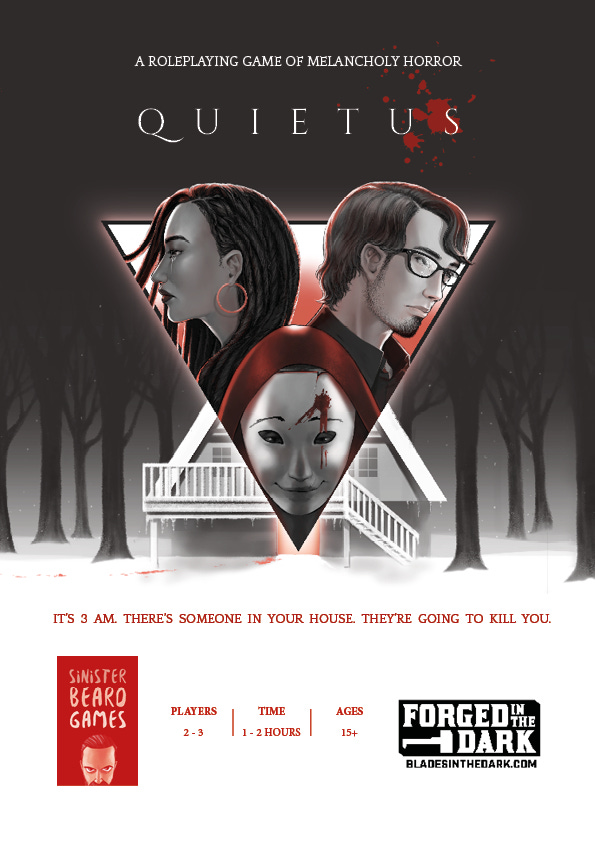
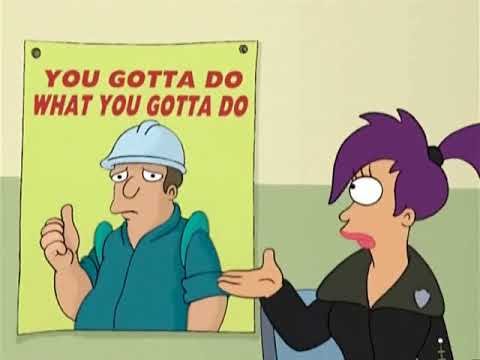
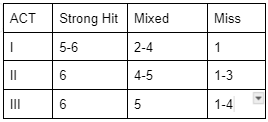
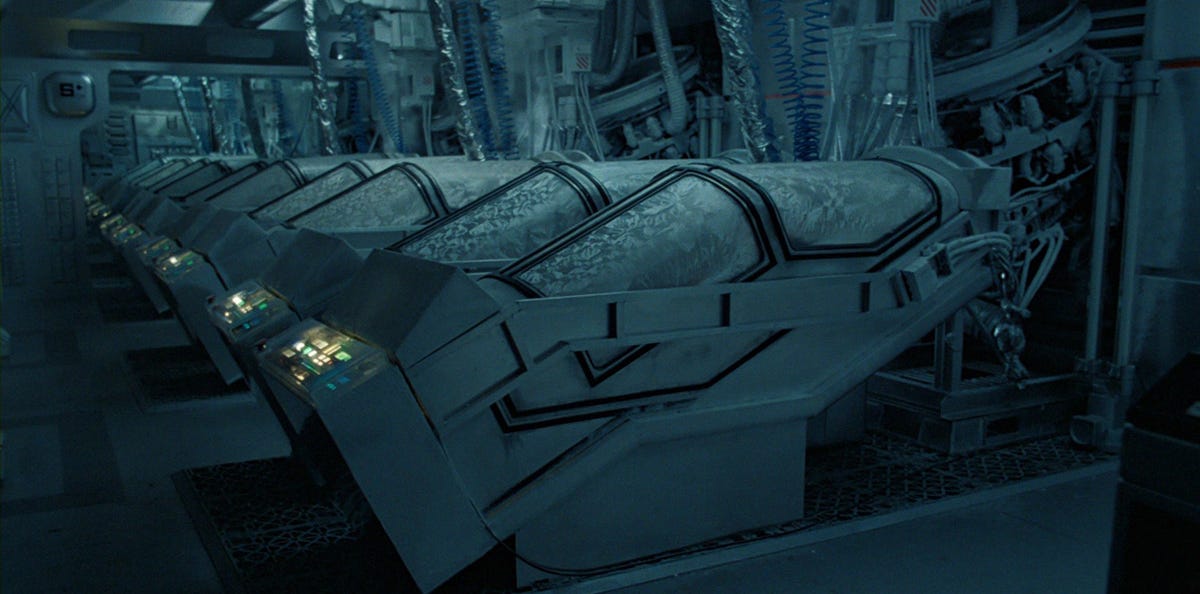
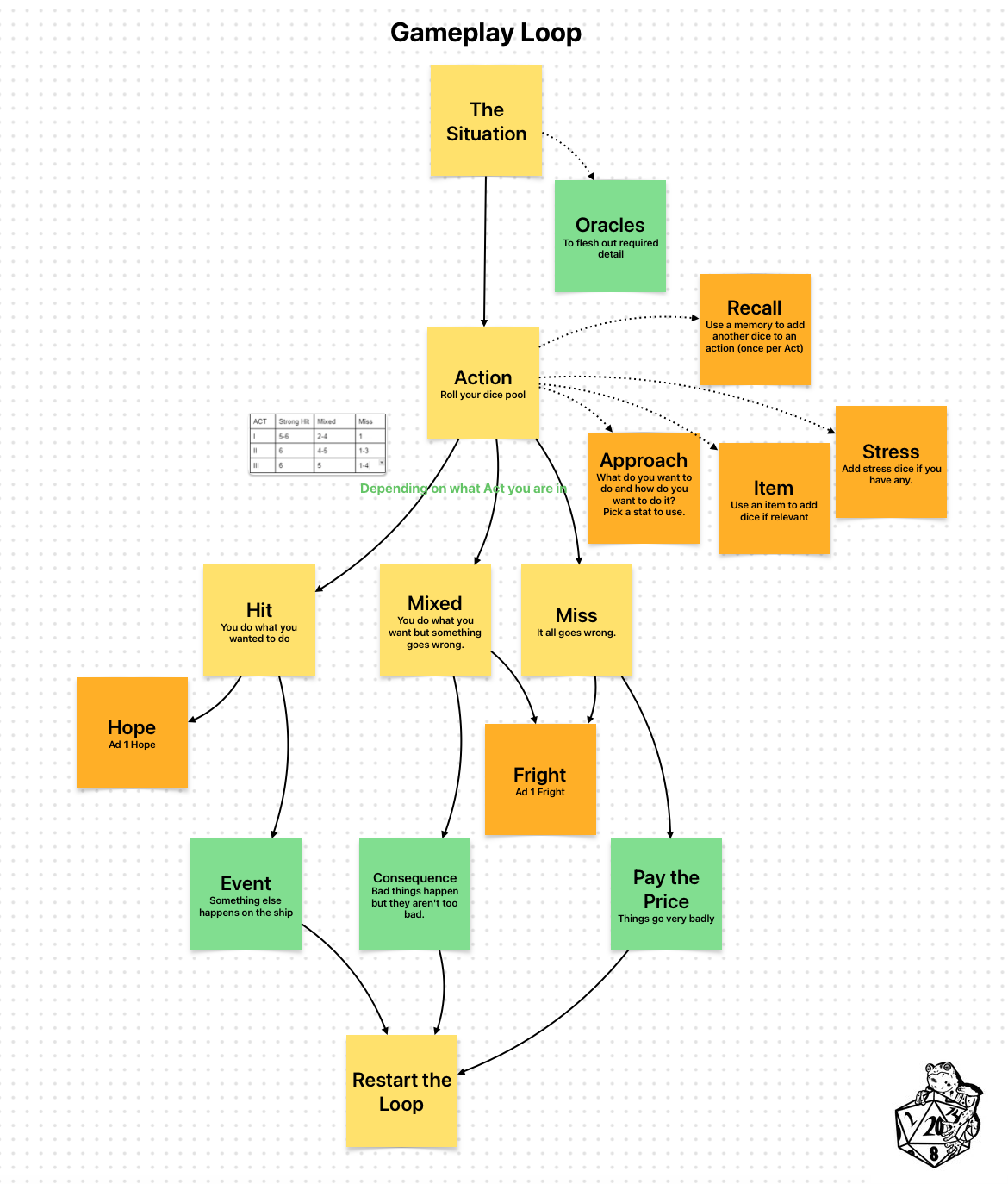


Oh I want to play a finished product of your Sci fi game!!!!!
This is a great read Croaker. I’m also finding myself down that alien obsession rabbit hole at the minute! I’m going to give this a shot and try taking more notes as I play!